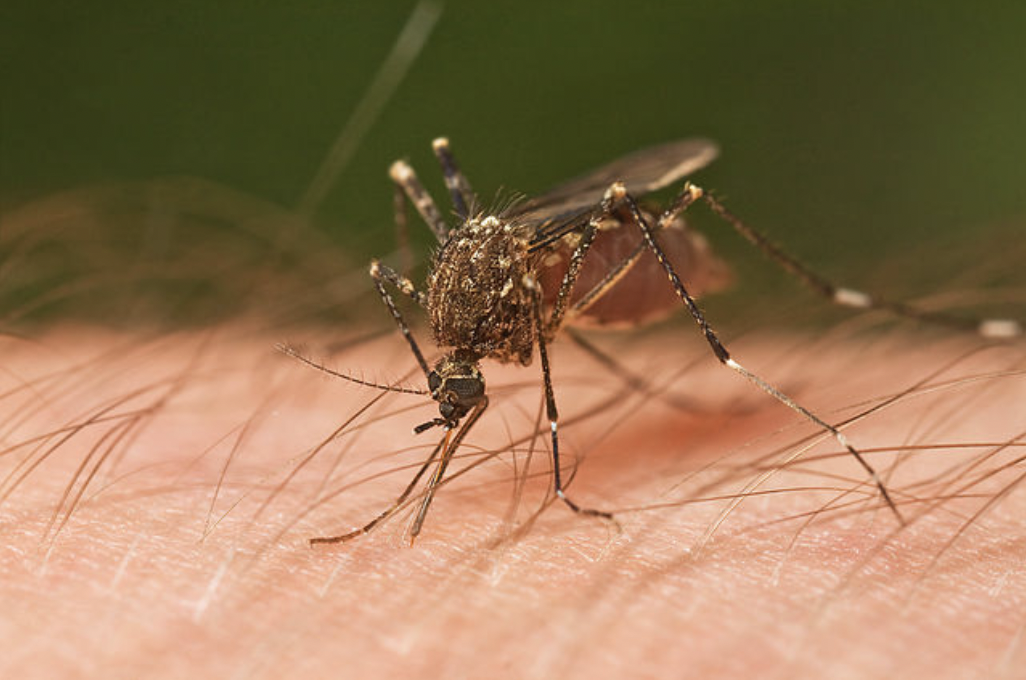
WIKIMEDIA COMMONS | A rare mosquito-borne disease was transmitted locally in the US for the first time in years.
The New York State Department of Health confirmed a local case of chikungunya virus, a mosquito-borne illness predominantly found in tropical and subtropical regions, in a Long Island, N.Y. resident, the first local transmission of the disease in the United States and its territories since 2019.
Health officials in China recorded an abnormal outbreak of the chikungunya virus, which presents regularly across Africa, South America and parts of the Caribbean, leading U.S. public health officials to issue a warning notice for those traveling to China. Although smaller outbreaks have occurred in Italy and France this past summer, health officials say that the New York case is an outlier and the risk of outbreak in the United States remains low.
Charlotte Phillips (CAS ’28), a biology of global health student, said she is not worried about the disease being transmitted near Washington, D.C.
“Even though there has been an increase in cases and outbreaks this year, this one is not likely to signal a public threat,” Phillips told The Hoya. “Colder temperatures make mosquito-borne illnesses harder to transmit, and since this disease can’t be transmitted from person to person, decreased exposure to mosquitoes will really help mitigate any local threat.”
While the immediate threat is low — especially in places that will soon see falling temperatures — the increased prevalence of chikungunya virus in areas where outbreaks do not regularly occur may indicate a potential need to increase information and prevention strategies for mosquito-borne illnesses.
Anish Patel (CAS ’28), who recently traveled to the New York area, said he believes public health officials have an obligation to better inform the public about local health events.
“People like me travel between there and D.C. all the time,” Patel told The Hoya. “If the disease is present in the local mosquito population, anyone could contract it and expose new populations of mosquitoes to it. Even though the risk is low, more efforts to inform travelers and locals could be an important public health measure in the future.”
Phillips said mosquito-borne illnesses like chikungunya are on the rise globally due to rising temperatures and climate change, making these prevention measures even more important.
“As temperatures get warmer, you start to lose that protection provided by the cold weather, and these diseases can pop up in new locations and stay there longer, like we saw in China this summer,” Phillips said. “Even though this case is not particularly worrisome, the trend of mosquito-borne illnesses is concerning and now is the best time to start building public health infrastructure to combat these illnesses before we have a real problem and it’s too late.”
Currently, prevention measures consist of vaccination for vulnerable individuals traveling to high-risk areas and preventing mosquito bites.
Some students have noticed changes in local mosquito behavior and prevalence this fall compared to previous years.
Ellie Ward (CAS ’28), who frequently engages in local environmental service projects, has noticed higher and more aggressive populations of mosquitoes this fall, making bite prevention difficult.
“At this time last year we didn’t have to worry much about bugs when we went to local parks,” Ward told The Hoya. “This fall’s been warmer, and the mosquitoes are very prominent and very aggressive. They’ll bite through clothes and even around our faces, making bites much more common in general.”
Full Disclosure: Ellie Ward currently serves as a Science Columnist for The Hoya.
Phillips said that although chikungunya is unlikely to spread to D.C. soon, it is important to be informed of mosquito-borne illnesses as prevalence is likely to increase in the coming years.
“Even though this case isn’t directly worrying, it could be a warning of the future danger of mosquito-borne illnesses,” Phillips said.